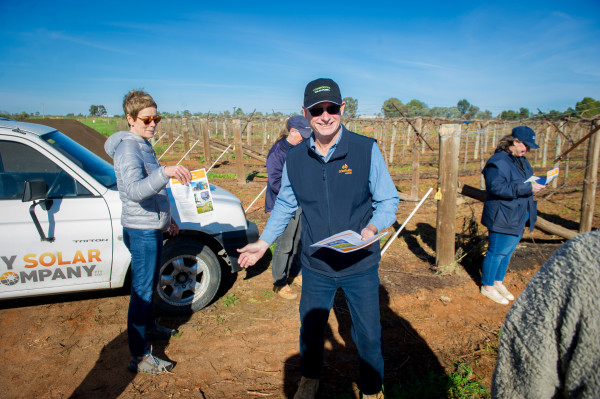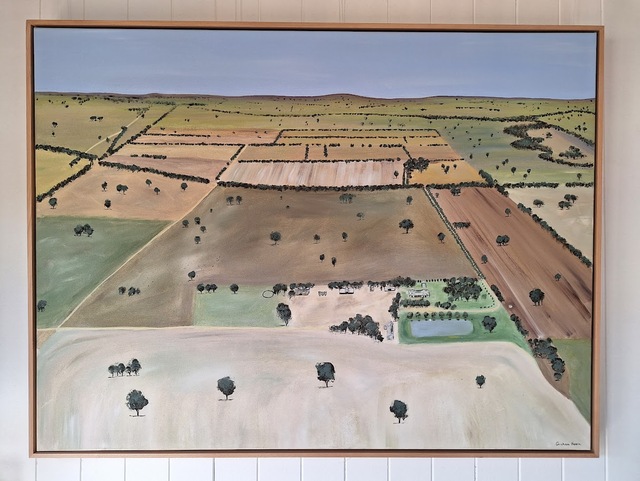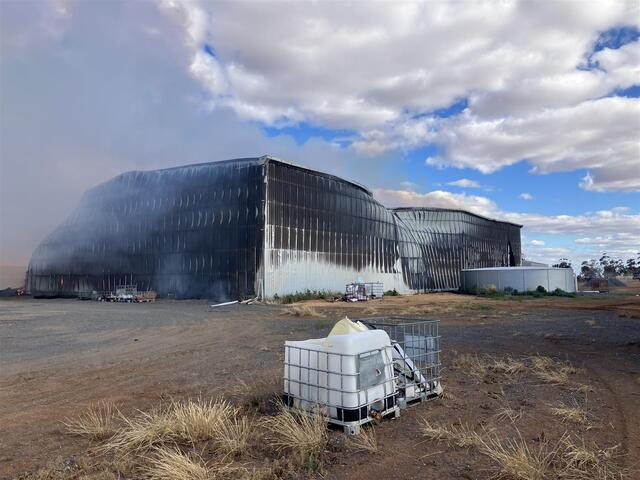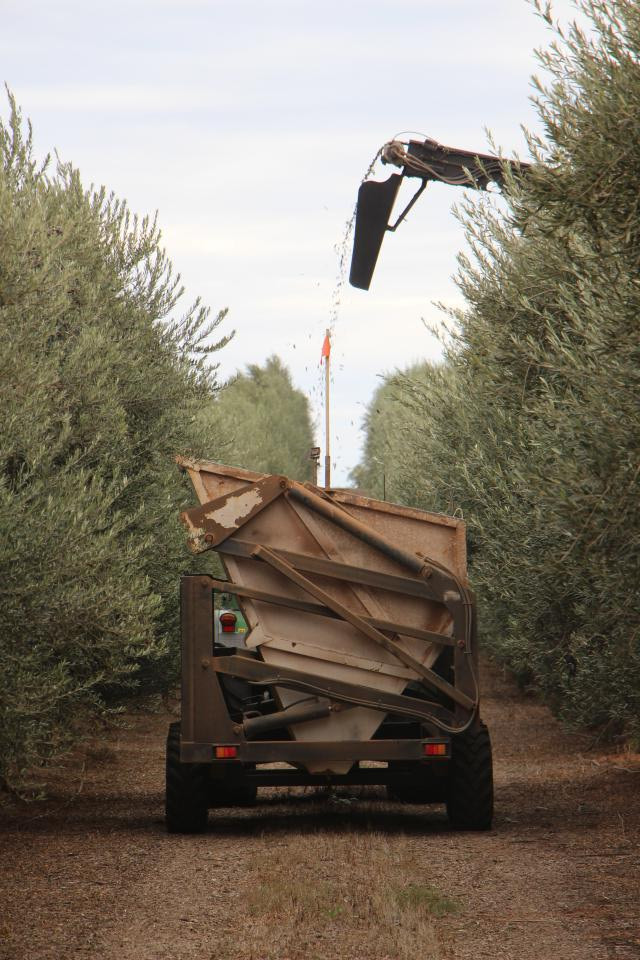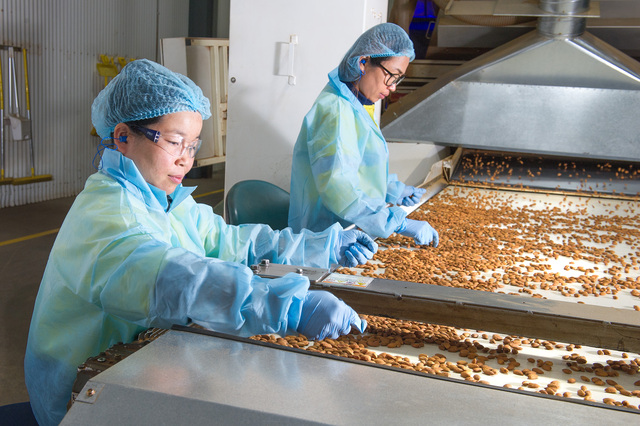ROWENA Smart had a bit of an extra spring in her step when hosting a field walk at Red Cliffs.
This first crop on her, and husband Warren’s, new block in their 30-acre aggregation had just delivered the highest-yielding Sunmuscat harvest in the district.
It came from vines they only planted in 2020 when Covid gave them little opportunity to do anything else but work on expanding their enterprise.
And the one thing which was non-negotiable in the expansion was the addition of the new hook lock on their swinging trellises.
Rowena laughs while the field walk focus was on the hooks and their “amazing impact” on the production and practicality of their block, she “might have rambled on about a few other things as well”.
But give the couple a couple of minutes to sing the praises of their hooks – and stand back.
She says while they are relatively new to the industry, a few people in the Sunraysia are starting to use them and both reckon they have been way too long coming.
“I grew up on a dried fruit block, and every field walk I went to with dad, in fact almost every time we sat down to have a quiet chat or catch up, he would bitch about his hooks,” Rowena says.
“And I reckon just about everyone who has lived and worked on a dried fruit block with the swing trellis will have horror stories of trying to swing them back to re-hook them with all the fruit on,” she says.
“It was bloody hard, and mostly a two-person job, and such a waste of time, you could have been doing something far more useful.
“But no-one seemed to do anything about it, although when Warren was doing his dried fruit apprenticeship with Ag Victoria 20 years ago, he suggested something similar, only to be told told ‘this is the way we’ve always done it’.
“One of the best things about this new locking system is you only do it once, not every harvest. No more walking the block, dreading every check for the ones which have been shaken loose by wind.”
Rowena says the approximately $5000 extra they paid for the new hooks could never be seen as a cost. It is, she insists, an investment. And a one-off spend, because you won’t have to do it again.
She says Rodney Trigg, who has been producing the trellis for years, makes the new hooks, which are more viable today as they are laser cut.
“We have showed mum and dad how good they are and they were converted on the spot and while I think everyone who sees them agrees they work really well, some baulk at the price, and want to see it as a cost instead of a saving in time, lost production, and the sheer effort of re-hooking year in and year out when you don’t have to,” Rowena added.
Warren says they also do contract harvesting and by the time they arrive at your farm gate, if the re-hooking hasn’t been done, it’s too late.
He says once you start harvest at $380 an hour there’s no time to stop and fix things.
“That a $26 an hour job for a backpacker, and if it isn’t done, the fruit is left up against the post and out of the hitting area,” Warren explains.
“If the fruit is where it should be, we will get it all, but if we stop to fix things, that costs everyone money,” he says.
“I know when we were younger, everyone would say that fruit was for the kids to pick for their pocket money but the industry is much more professional these days. And that’s where these hooks come in – not good for pocket money but fantastic for the industry.”

